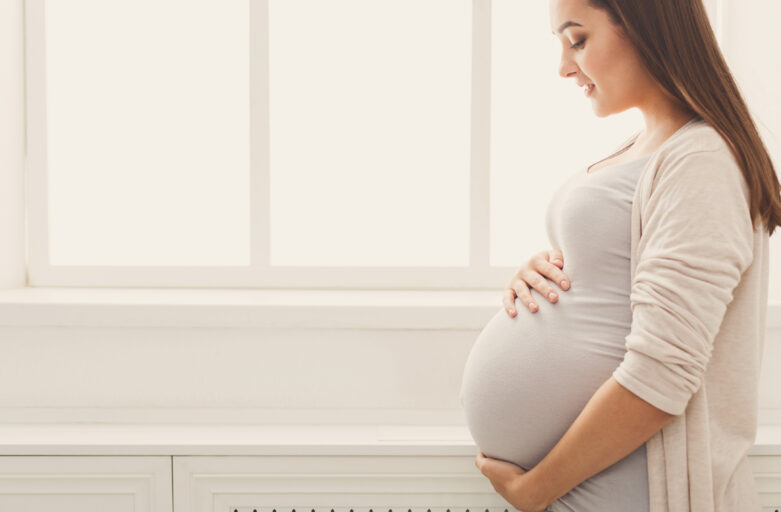Hormone fluctuations in the body are linked to the progression of this eye condition: that is why so many keratoconus patients start to see their symptoms develop during puberty. For that reason, it is understandable that some women are concerned about the potential impact pregnancy may have for causing or restarting keratoconus.
Dr. Brian Boxer Wachler, an ophthalmologist known worldwide for his keratoconus expertise, shares what the latest research says about this subject so that women who are pregnant or intending to become pregnant one day can make informed decisions about their health.
How Pregnancy Affects Keratoconus
Studies, as well as doctors’ firsthand observations, do point to a link between pregnancy and keratoconus progression. However, it is important to stress that there is no evidence to suggest that pregnancy causes keratoconus. Instead, it appears that previously undiagnosed keratoconus becomes detectable as the symptoms worsen during pregnancy.
The culprit for this rapid progression appears to be heightened estrogen production, a natural occurrence during pregnancy. The extra estrogen weakens the cornea by affecting the corneas’ estrogen receptors. A now-thinner cornea with preexisting keratoconus is especially prone to bulging during this period.
Researchers have found that the hormonal changes that accompany pregnancy can restart keratoconus progression in some women whose keratoconus had previously stabilized.
Fortunately, in many of these cases, the bulging that progressed during pregnancy subsides back to baseline levels during postpartum.
Treatment Recommendations
This information begs the question: can keratoconus return in pregnant women who have been successfully treated for this condition in the past? Luckily, the answer for most appears to be no. Women who have undergone corneal crosslinking or corneal transplant prior to becoming pregnant are very unlikely to see keratoconus recur, even with the surge of estrogen that accompanies pregnancy.
That means women who were previously diagnosed and treated for keratoconus do not have to worry about having children. Although it is worth discussing any concerns with Dr. Brian and monitoring the health of the eyes during pregnancy, keratoconus does not have to be an obstacle in a woman’s pregnancy journey.
It also means that women who plan to get pregnant one day have extra incentive to seek diagnosis and treatment for this degenerative condition in advance. Stabilizing keratoconus early is advantageous in any situation but is extra important because it may help prevent the progression that is known to occur during pregnancy.
Because no research exists on corneal crosslinking’s effect on a fetus, women are discouraged from having this procedure during pregnancy. While there is no reason to believe that this non-invasive procedure causes harm, out of an abundance of caution, it makes the most sense to manage keratoconus prior to becoming pregnant.
Speak to Dr. Brian
To have all your keratoconus questions answered before, during and after pregnancy, please schedule an appointment at his Beverly Hills office by calling 1-310-860-1900.



